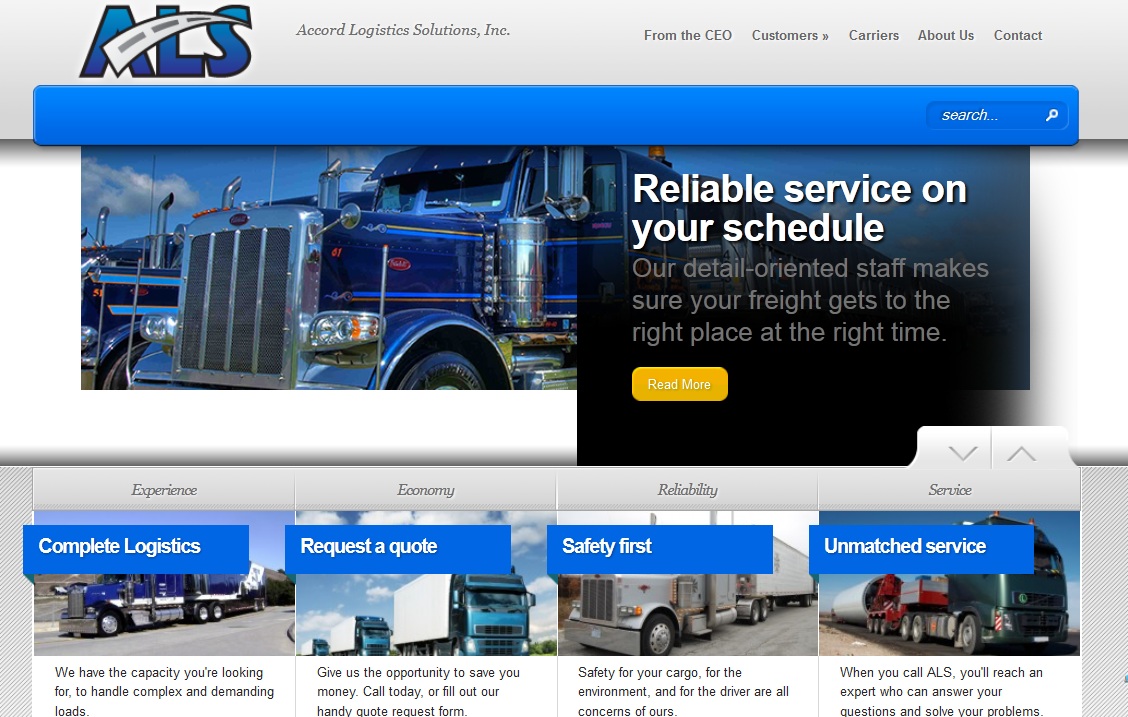Your cart is currently empty!

What’s a Landing Page?
The expression “landing page” confuses people for a very simple reason: different people use it at different times to mean different things.
Google Analytics uses the phrase “landing page” simply to mean the pages people land on when they enter your website. Right now, most visitors to our lab site, FreshPlans, are entering through one or another of our classroom theme pages. Fewer than 500 of last month’s 15,000 visitors came to the homepage first. This is unusual, but it does make an important point — any page of your website can be a landing page in this sense.
That means that every page has to be good. Every page needs to provide your visitors with a path to conversion.
Any page can be a landing page.
Some pages are more desirable as landing pages than others, though. We don’t want most people to come first to your About Us page or contact form. When we see that happening at a website, we fix it. We built a website for Accord Logistics Solutions and made sure that their homepage, which you can see in the screenshot above, directs their customers and prospective customers to the information they need.
We don’t especially want people to land first on their About Us page. However, if people end up there, we want them to be able to enjoy the page and go directly from there to the page they need — or to become customers immediately.

Accordingly, we have a nice big “Request a Quote” button and consistent navigation. Every page on your website should make it easy for visitors to understand what you have to offer. Every page must allow conversions.
Landing page=Sales page
Sometimes, though, people use “landing page” to refer to a special page designed as a sales page. This kind of landing page is usually not part of your website’s main navigation. It often doesn’t have your website’s navigation bar on it. People are sent directly to this page by ads or links in your email marketing pieces.
Pages like this are designed to sell a particular offer or to generate leads, in which case they’ll generally contain a lead magnet (an offer in exchange for your contact information). Landing pages in this sense typically have an eye-catching graphic and/or video and a few lines of bold text listing the benefits of the offer. The most important element on the page is usually a very large and aggressive call to action. The point of these pages is to make an offer, without a lot of distracting additional information.
Here’s an example:

We built this page to encourage leads to request more information. It has enough content to be useful to visitors, but it’s essentially a conversion opportunity followed by some content, then another conversion opportunity followed by some more content, and so on down the page.
Long or short, this type of landing page can be an excellent sales tool.
These pages are designed to appeal to people who are ready to buy now. That’s why they clicked on the ad, right? If your ad offers an instant quote or a great deal on exercise gear, the person who clicks on it doesn’t want to go to your home page and get to know you or your company. That person wants the instant quote or the gear. Now.
This second sense of “landing page” can refer to temporary pages designed just for a specific promotion, or you can have dozens of them at your website reaching out to people at every stage of the buying process. They are most often the landing page for an ad. You may also link to these pages from a call to action on a page or post.
How are your landing pages?
Have a look at the pages on your website that most often serve as landing pages for your visitors (find the data in your web analytics). Were they written on the assumption that people would reach them from your homepage and already have lots of information? Do they provide information on your goods and services? Is there a clear path from this page to the next step in your sales funnel?
Then have a look at the landing pages for your ads and promotions. Do they allow visitors to get what you’re selling quickly and easily? Do they frustrate your serious customers or stop the sales process? Do they suit the rest of your website? Are you just dumping people at your homepage and expecting them to find their way to the offer mentioned in the ad?
If you realize that your landing pages need work — landing pages in either sense — call Rebecca at 479.966.9761 or email Rosie and we’ll be happy to help.
by
Tags:

Leave a Reply